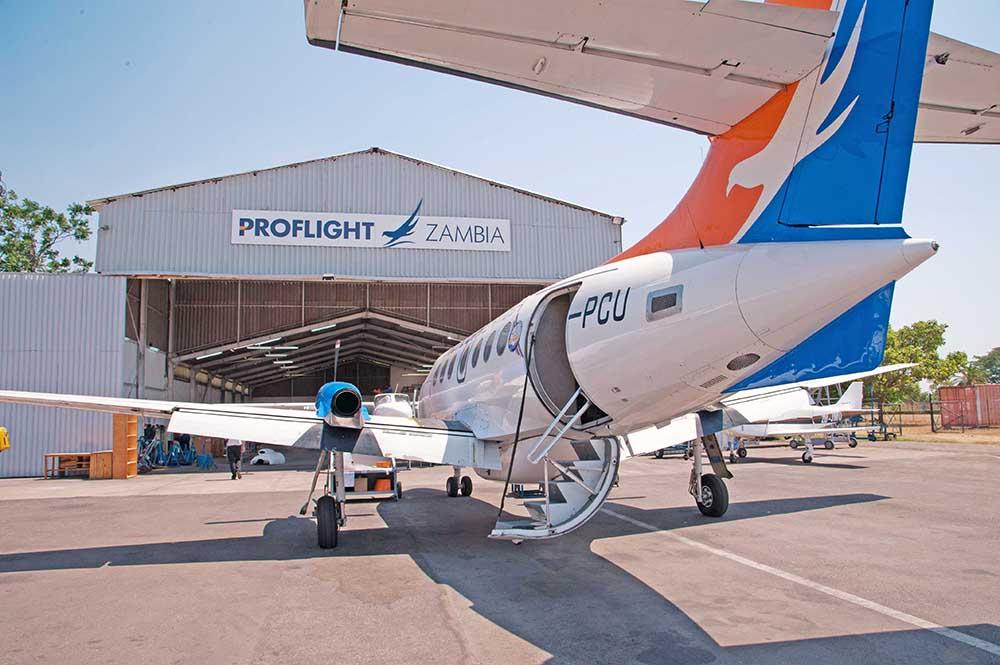
The growing focus on MRO services in Africa will place greater emphasis on modern software tools to enhance effective maintenance processes, but the region is often hampered by challenges in adopting new technology.
Strategic expansion and fleet modernization by the larger African carriers is driving demand for maintenance and engineering software in line with their global integration systems and regulatory compliance. However, most African carriers are small in size and operate in a high-cost environment, with little opportunity for growth and investment in new technology.
Henok Nigussie, director for the Africa region at Orbital Aviation—a U.S.-based aerospace software and aircraft engineering specialist—agrees that smaller operators are restricted with limited resources. However, he insists that they should prioritize maintenance and engineering solutions to ensure operational efficiency, safety and cost-effectiveness. Nigussie says this includes addressing challenges such as increasing lift capacity, expanding fleets, managing daily maintenance operations (including parts logistics and regulatory requirements) and meeting investor objectives.
Orbital Aviation offers a cloud-based maintenance management software, BACYS, which delivers maintenance management information and operational process control for aircraft operators.
Nigussie believes there is a significant opportunity for maintenance management software due to the growing aviation industry on the continent.
“Following the pandemic, many nations are looking to establish their own flag carriers and, consequently, the number of airlines and aircraft in their fleet have increased. We see a demand for user-friendly and efficient solutions to boost productivity and ensure safety and compliance with regulations by the civil aviation authorities,” he says.
Nigussie believes the key opportunities lie in the modernization of maintenance practices, which he says leads to improved processes and safety, reduced downtime and better cost management for airlines. “Airlines are now evaluating the benefit of using maintenance management software over the traditional spreadsheet usage, which has numerous software limitations and [is] prone to errors,” he says. “Also, this implementation can help African airlines meet international standards and regulations, opening opportunities for global partnerships and collaborations.”
However, Nigussie identifies specific regional challenges in Africa for the adoption of aircraft maintenance software. “The life-cycle of some airlines is too short to make such strategic decisions, and some airlines focus on upfront costs rather than the cost reduction benefit the software can achieve eventually,” he says. “Furthermore, there may be regulatory and bureaucratic hurdles that inhibit quick decision making to ensure a smooth implementation of these systems across different countries in Africa.”
Despite the challenges, Nigussie believes the continent offers opportunities for MRO software providers and says addressing these challenges will lead to substantial improvements in the continent's aviation industry.
Additionally, he feels training and upskilling of maintenance personnel to effectively utilize these types of software products is crucial for maximizing their benefits. “Orbital has developed a two-week intensive online training program to facilitate the faster transfer of skills. This program allows engineers to become proficient in operating the BACYS software with minimal virtual supervision,” he says.





